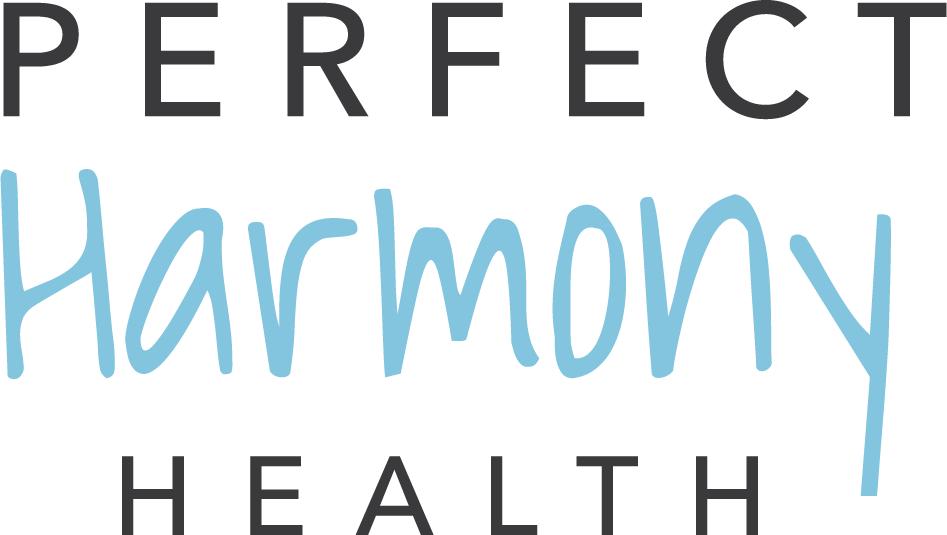Music Heals: How Music Saves Us
Many of us have a favorite song we turn to when we’re feeling sad, depressed, anxious, and feel like we have nowhere else to go. This song or this artist is our solace, our refuge, and a place we call home. When the world seems cold and cruel, our favorite music is like a cozy fireplace that keeps us warm and makes us feel safe. Although this is not exactly music therapy, there is a common saying- “When words fail, music speaks.”
Unfortunately in this day in age, depression runs rampant throughout our society and can be seen through multiple diagnoses. It is officially the most prevalent, “representing 99% of all mind-brain illness,” (Hope for Depression Research Foundation, 2021). Workplace depression, Postpartum Depression, Post-Traumatic Stress Disorder (PTSD), and Bipolar Disorder are just to name a few instances where depression is a comorbid diagnosis. Ultimately, this means that suicide statistics are higher. In the United States, depression affects 1 in 10 adults annually, and is the main cause of suicide every 12 minutes, which also means that it is the “11th leading cause of death in the U.S.,” (American Foundation for Suicide Prevention, 2019).
Suicide Prevention Week is September 10, 2023 to September 16, 2023. As an advocate for mental health, it is important to know that depression affects so many people across generations. As of 2023, there is more awareness surrounding mental health, but people have suffered for decades. In music, people across a broad span of genres have talked about themselves or loved ones feeling desperate for help. Here are a following list of examples:
While there have been many songs that express distress, depression, and more, there are also artists that have acknowledged that they need to reach out for help and fight for their life back. It is important to note that one can not “flip a switch” on depression. For some, it can take months or years of processing and working on getting better. The following playlist of songs highlights a more hopeful tone to share with others their personal fight. By doing this, one can relate to the music and feel lifted.
So with these pieces of music in mind, what can a music therapy session look for clients who struggle with depression? Of course, the session is tailored to the needs of the individual and it is always important to work in interdisciplinary teams to find the best treatment plan for the client. There are methods such as lyric analysis, where a board certified music therapist and the client analyze the meaning of song lyrics and then apply it to the client’s personal strife. Musical improvisation may help in the case of a cathartic release of emotions, active music listening may help for emotional regulation, and lastly, songwriting can help lift the veil of emotions the client may be experiencing. Depression is a very complicated disease, but as music therapists, it is a part of our job to raise awareness and advocate for our clients. By doing this, music can help clients relate and encourage them to feel the strength to continue living life. As we go into September, be mindful of others around you and be kind! You may never know what someone is going through, so have empathy and always reach out a helping hand!
References
Facts about depression | Hope for depression. (2021, January 25). Hope For Depression Research Foundation. https://www.hopefordepression.org/depression-facts/?utm_source=google_cpc&utm_medium=ad_grant&utm_campaign=depression_facts&gad=1&gclid=Cj0KCQjw3JanBhCPARIsAJpXTx7LkwG-gMUWMSxOkrMI4V0OesSADEsSKjdcP-r_ybNR72dpk32WLB8aArYOEALw_wcB
Suicide statistics. (2019, November 15). American Foundation for Suicide Prevention. https://afsp.org/suicide-statistics/
Warren, M. (2016, December 19). The impact of music therapy on mental health. NAMI: National Alliance on Mental Illness. https://www.nami.org/Blogs/NAMI-Blog/December-2016/The-Impact-of-Music-Therapy-on-Mental-Health

